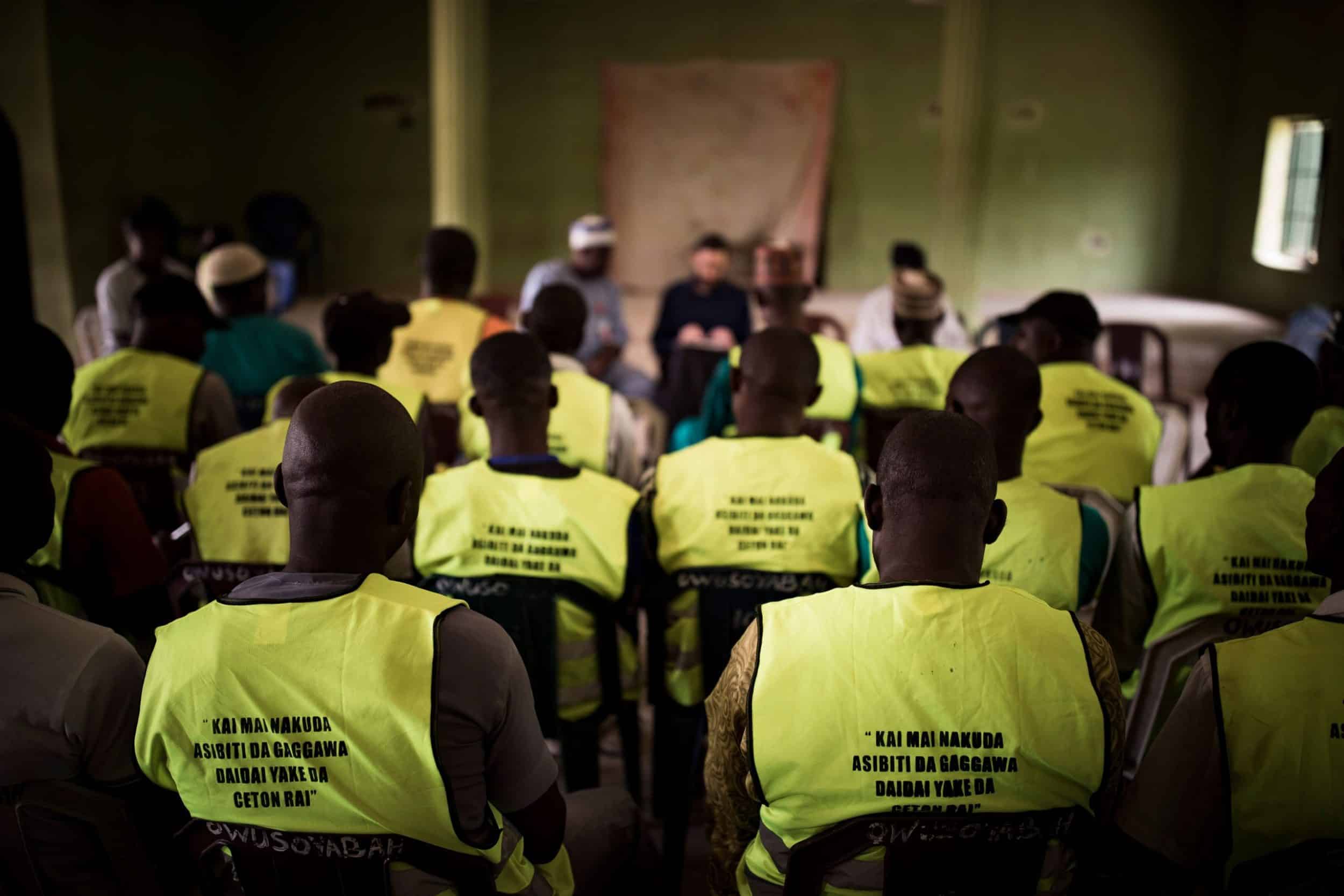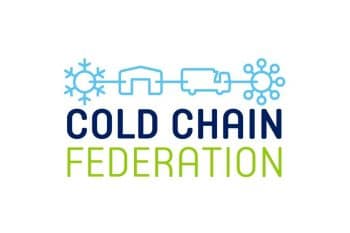Reports and Research Papers

Enhancing understanding on safe motorcycle and three-wheeler use for rural transport – Final Report
Throughout 2018, a project entitled ‘Enhancing understanding on safe motorcycle and three-wheeler use for rural transport and the implications for appropriate training and regulatory frameworks’ has been carried out in Ghana, Kenya, Tanzania and Uganda. The project was funded by the UK’s Department for International Development (DfID) as part of the Research for Community Access Partnership (ReCAP), and was carried out by a consortium of Transaid, Amend and TRL.
The use of motorcycles has increased greatly in Africa in recent years and they are often used as taxis; with riders charging a fare to carry passengers or goods. In rural areas, motorcycle taxis play a crucial role in connecting people to services and farms to markets, and in many countries motorcycles are the most commonly found vehicle on rural roads.
Over 1,140 people in 32 settlements across the four countries took part in a survey looking at the benefits and disbenefits of motorcycle and three-wheeler taxis in rural areas. Riders, owners, passengers and other users, as well as people who do not use such vehicles, answered questions on topics including economics and finance, access and mobility, injuries, health issues, crime and personal security, access to services and protective equipment, and overall opinions.
The findings showed that motorcycle taxis are very important to rural communities: in many situations they are either the only existing, or the only affordable, mode of transport. In the survey locations, motorcycle taxis accounted for an average of 83% of all motorised trips, being used for business activities as well as personal transport. They are particularly important for emergency transport. For riders they are an important source of income.
As well as the many benefits of motorcycle taxis, the results of the survey also shed light on a number of disbenefits. Forty-one percent of riders reported that while riding a motorcycle taxi in a rural area they had suffered an injury that resulted in them either losing money or requiring medical attention, or affecting their family life. Incidents that caused injuries tended to be single vehicle crashes or falls that occurred when the rider was alone, and were caused by rider error. The vast majority of riders had never received training and had no driving licence. Some riders and passengers were worried about their personal security. Riders also reported health issues that they attribute to riding a motorcycle, including respiratory problems, eye infection, stiffness and numbness.
But while motorcycle taxi riders and passengers face the risk of injury, personal security threats and health problems, this does not stop people from using motorcycle taxis – either as a means of earning money, or as a mode of transport.
Motorised three-wheeler taxis were also included in the study, but they were found to be very uncommon in the surveyed areas of Kenya, Tanzania and Uganda. In Ghana, motorised three-wheeler taxis were found to be used for both freight and passenger transport, although they are less common than motorcycle taxis.
The project has identified potential opportunities for improving road safety and personal safety, and for addressing health issues. These opportunities include effective training, licensing and enforcement of laws. Motorcycle taxi associations have the potential to play an important role in realising many of these opportunities.
Click below to read the full final report.










